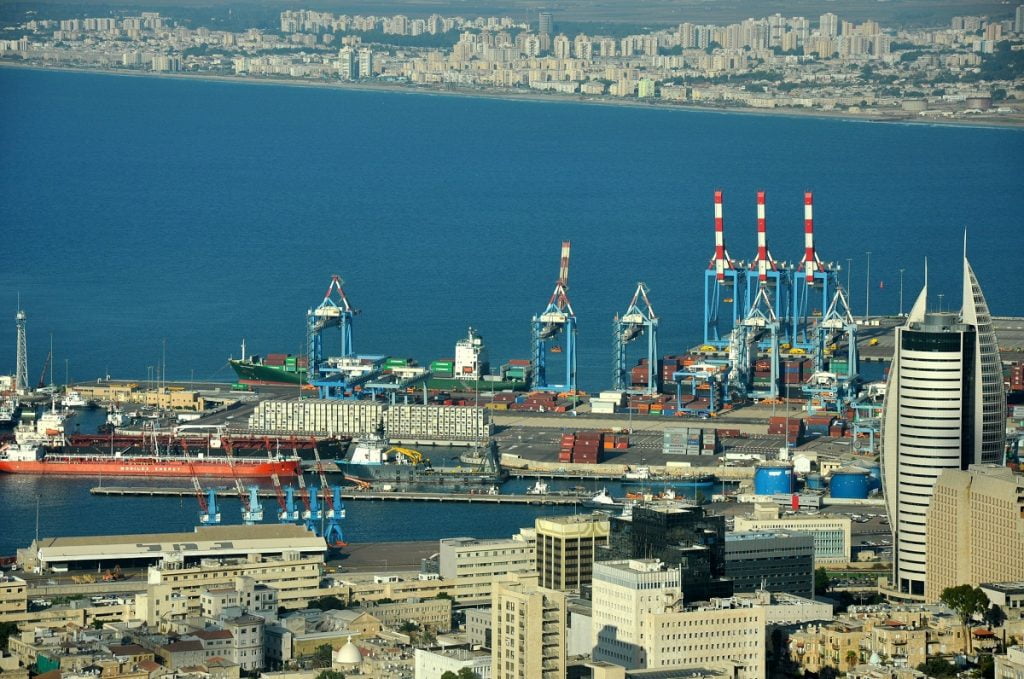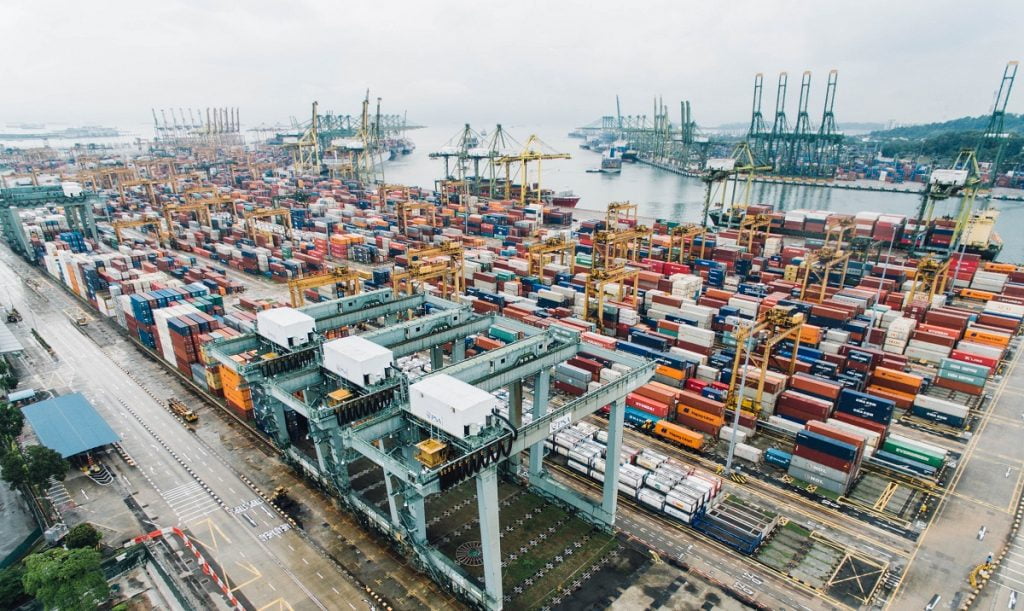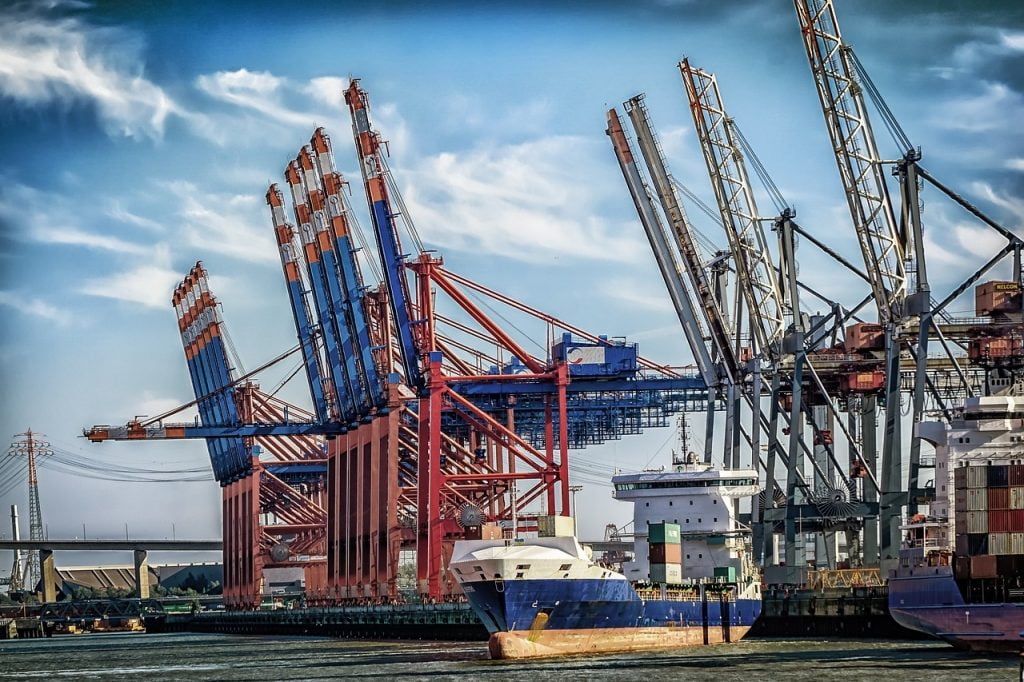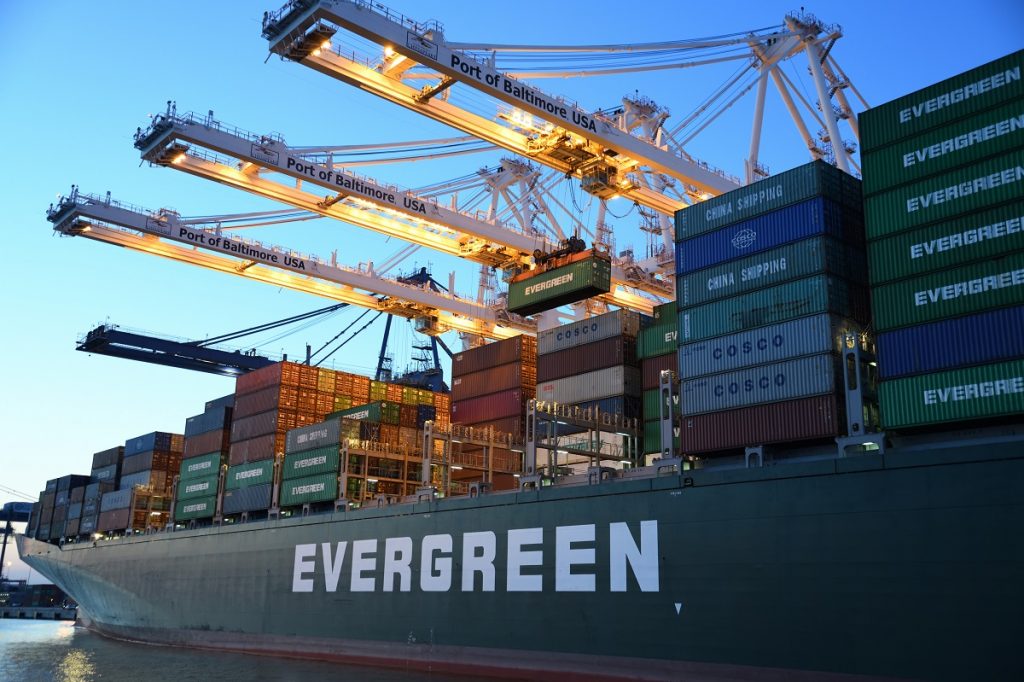When we think of cutting-edge Israeli technology, it’s often within the spheres of cybersecurity, biomedicine, food tech and IoT. Less so in the maritime field. Of some 6,000 active startups and companies in Israel, just 50 are in the maritime category, according to figures compiled by Start-Up Nation Finder.
But one Israeli accelerator has stepped up to spearhead the dive straight into the unknown. TheDOCK Innovation Hub, founded in 2017, is the only Israeli accelerator for maritime startups. It was set up by Hannan Carmeli, an Israeli entrepreneur and a former director of international activity at the Israeli Innovation Authority (formerly the Office of the Chief Scientist), as well as a retired naval officer, and Nir Gartzman, a former chief engineer in the Israeli Navy.
SEE ALSO: Using Blockchain, Israel’s ‘Zim’ Eyes Sea Change In Musty Shipping Sector
Advisers to theDOCK include retired rear admirals in the Israeli Navy Omri Dagul and Shaul Chorev, also a lecturer on maritime strategy, and Arie Gavish, a Haifa port manager for the past 10 years as part of Israel’s Shipping & Ports Administration and a former CEO of the port of Ashdod, Israel’s largest seaport.
The hub was launched based on two observations: the first was that despite numerous improvements over the past decade, the industry remains behind other sectors technologically; the second was that although Israel’s technological capabilities are widely known, it has yet to find a footing in the maritime sector.

Haifa Port. Photo by Elaine via Flickr, CC BY 2.0
“TheDOCK Innovation Hub was founded to leverage Israeli technology assets to benefit the global maritime and logistics sector,” Carmeli tells NoCamels. “Israel has the technology but does not have a role in the maritime sector. We have the recipe to make the two ends meet.”
Since the hub was launched, Carmeli says Israeli interest in the maritime industry has grown steadily. “There were about 5 or 6 operating startups when we first started,” he tells NoCamels. “Now, partially because of us and partially because of the growing trends, there are about 20 initiatives targeting the maritime sector in Israel.”
Despite the slow pace, Carmeli notes that some improvements in the maritime sector have taken place over the years, and more innovation is expected in the logistics value chain, autonomous vessels, and terminal operations.
To that end, Danish shipping giant AP Moller-Maersk turned to theDOCK earlier this year to tap into Israel’s rich innovation and technology ecosystem, specifically in the logistics field.
The company’s chief digital officer, Ibrahim Gokcen, said at the time that Maersk was “looking for opportunities to co-create the next unicorn in logistics within the areas of fighting food waste, enabling trade, securing supply chains and next-generation logistics.” Thomas Hougaard, a venture partner with Maersk’s venture arm, Maersk Growth, noted that the collaboration would be mutually beneficial: “We are looking for start-ups that see value in Maersk as a partner rather than a customer, partnerships where we bring much more value than just capital. We are excited about working with theDOCK to help identify the right companies that want to join us on this journey.”
Carmeli welcomed the partnership as a privilege for the hub and said: “We are determined to harness local talent and Israel’s creative technologies to benefit the overall maritime sector. We have no doubt of the win-win prospects for both Maersk as well as Israeli entrepreneurs.”
Carmeli tells NoCamels that additional partnerships are in the works and that theDOCK has become the “de facto seal of approval” for many of Israel’s maritime startups as it helps larger companies evaluate startups of interest.
TheDOCK, says Carmeli, mentors startups at any stage as long as they target the maritime sector, but so far, most of the startups in the program are early-stage. The accelerator is open to international applicants but its edge to corporate partners, ports authorities, shipping companies and so on is the “Israeli technological expertise and creativity,” he says.
The hub also follows a standard screening process for startups participating in its accelerator program which includes an assessment of the founders, their backgrounds, liability, idea, and an overview of the market. TheDock then leverages its network of business partners to look at every startup’s offering. “That way,” Carmelli says. “We can cater to the needs of everyone.”
Sign up for our free weekly newsletter
SubscribeCurrently, theDOCK is mentoring 7 startups in a four-month cycle. They are:
– AiDock, a startup based in Rehovot that developed an intelligent system for product classification for custom clearance when crossing borders
– FAST, the first global freight networking software
– Haystack Magic Inc, a Canadian company with an Israeli presence that develops and markets software for location of physical objects
– Loginno, a company that provides 24/7 monitoring and voyage data recording of key conditions for containers, including location, intrusions, shock, movement, and temperature, all through a low-cost device
– Orca, which aids in safety by using an intelligent collision avoidance system for vessels
– Pick a Pier, a tech company that developed a platform that uses big data analysis to optimize the berthing process for marinas, resident boaters, and visitors
– Tiidan, a Bnei Brak-based startups that developed an AI-based platform for suppliers to monitor and detect international trade risks
Despite the sea of opportunities on the horizon, TheDOCK is keenly aware of the challenges ahead. In a video interview last September on the sidelines of the 2017 World Port Hackathon, Gartzman indicated that the maritime industry was notoriously conservative and mainly dominated by big international players that may not be prone to big changes.
SEE ALSO: Marine Risk Management Data Company Winward Raises $16.5 Million
“We want to harness existing technologies in industrial IoT, big data analytics, predictive maintenance tools to serve the challenges of the ship owners, port logistics operators, etc.” he explained, but “the most challenging part is how to take the first step… to bring those technologies to the port, to show the managers and key opinion leaders in this industry how it will save them [money] and so on.”
However, Gartzman is confident that change is in the offing. Just as massive disruptions were witnessed in recent years in the retail and automotive sectors, “it will also happen in the maritime industry,” and theDOCK wants to position itself as a “contributor to this revolution,” he said.
To encourage interest and growth, theDOCK has also been hosting semi-annual events. In April, it held the Technology on the Water Pitch Night, a competition that attracted over 300 people from Israel and across the world. Last month, the hub participated in PORT2PORT 2018, a conference dedicated to maritime business held last month, where it stole the spotlight during one of the breakout sessions.
Related posts

Editors’ & Readers’ Choice: 10 Favorite NoCamels Articles

Forward Facing: What Does The Future Hold For Israeli High-Tech?

Impact Innovation: Israeli Startups That Could Shape Our Future






Facebook comments